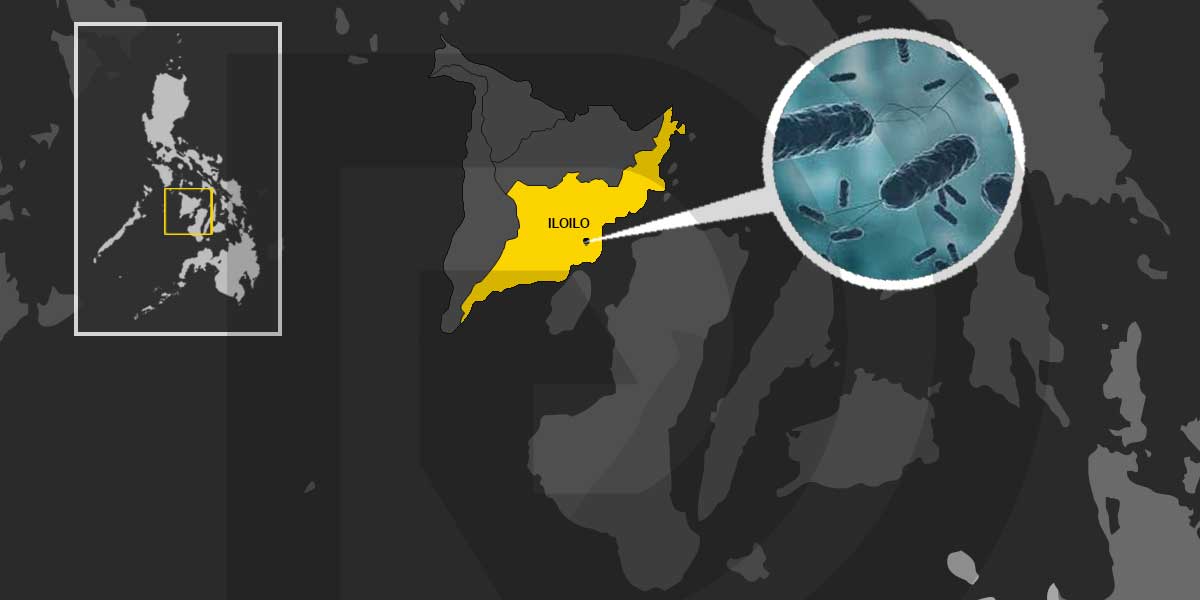
By Joseph B.A. Marzan
Iloilo Governor Arthur Defensor Jr. on Thursday expressed surprise when he learned that more acute gastroenteritis (AGE) deaths were logged in the province within this week.
Iloilo Provincial Health Office (IPHO) data as of Sept 29, 2022 indicated that there were now a total of 6 AGE deaths, up from just 1 in the previous week.
The five new deaths include an 8-year-old female from Tigbauan town, 28-year-old and 82-year-old males from Barotac Nuevo town, a 51-year-old male from Concepcion town, and an 81-year-old male from San Joaquin town.
Defensor said he only knew of the data during his regular press conference on Thursday, adding that he is still determining what happened to the other deaths.
He added that despite this development, there were no indications of clustering of cases in the barangays with current and previous AGE cases and deaths.
“The last time that we updated [September 22], we only had 1 fatality. We have to scrutinize what happened to the other figures,” the governor said.
“If it’s any consolation, AGE cases did not develop in barangays where they were present. We just have to monitor so that it would not spread,” he said.
The governor nixed the idea of procuring vaccines or other medicines to combat AGE and cholera, saying that the current situation does not warrant such measures yet.
The sole death from the previous week also came from Tigbauan town, a 4-year-old female from Brgy. Buenavista.
The province has a total of 82 AGE cases as of September 29, which also include 74 recoveries and 2 active cases.
As to cholera cases, IPHO’s epidemiological surveillance data indicated that there were 6 cases without reported deaths, but it was not specified whether it was related to the current streak of AGE cases.
DOH ADVISORIES
With the current outbreak in Iloilo City and emerging cases in Iloilo province, Department of Health-Western Visayas Center for Health Development (DOH-WV CHD) Regional Director Adriano Suba-an on Thursday reminded the public to carefully check the water they consume.
“Our primary advisory is to make sure that the drinking water is potable, that it is not contaminated, making sure where they know it comes from. This means that we could not have [AGE] and cholera,” Suba-an said on the sidelines of the DOH-WV CHD’s launch of the Non-Communicable Diseases (NCD) Clubs in the region on Thursday.
As to the assistance being provided by the DOH-WV CHD at this time, the regional director said that they have been helping with the collection of stool and rectal swab specimens to be sent to the Research Institute for Tropical Medicine (RITM) in Muntinlupa City for confirmatory tests for cholera.
They have also sent reminders to local government units to monitor water refilling stations and laboratories, as well as to activate their Local Health Drinking Quality Monitoring Committee, which assesses the issues related to the consumption of water and other beverages and recommends necessary actions.